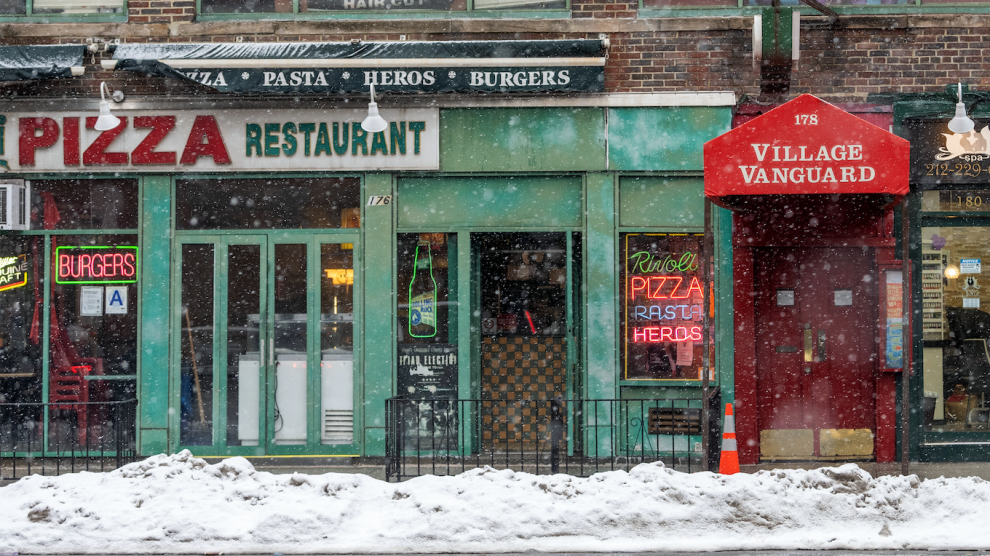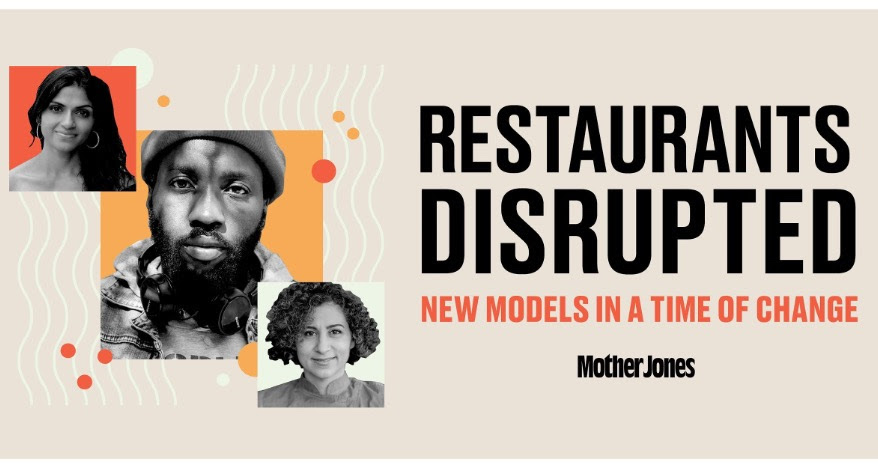It started with good intentions: Raise funds for pandemic relief in India, the world’s hardest-hit country in measures of death and devastation by COVID. The biggest names were set to play, including five-time world chess champion Viswanathan Anand. Among his opponents was the country’s youngest billionaire, Nikhil Kamath, who made his fortune by co-founding a brokerage company.
But as the game progressed, Anand, who was universally expected to lay waste to his billionaire opponent, faced a series of suspiciously flawless moves from Kamath. They were so computerlike that onlookers wondered if Kamath was running an engine in violation of the rules. Miraculously, the billionaire won. The game of a lifetime.
And sure enough, soon after public pressure and a global outcry, Kamath confessed to cheating: “I had help from…computers,” he announced. “It is ridiculous that so many are thinking I really beat Vishy in a chess game. That is almost like me waking up and winning a 100mt race with Usain Bolt.” “This was fun for charity,” Kamath added. “In hindsight, it was quite silly” to deceive the legendary champion and supporters of COVID relief on the global stage. “Apologies.”
His cheating has come under scrutiny as an affront to Anand, who graciously said, “I just played the position on the board and expected the same from everyone,” and called it a “fun experience upholding the ethics of the game” from one side. But it gets worse before it gets better. Chess.com’s chief chess officer and Fair Play Team leader shared a statement making heads spin, saying the cheating billionaire would not stay banned: “Given…that not all the rules were properly understood, neither Chess.com nor Anand himself see any reason to uphold the matter further,” in effect relaxing the site’s strict rules against cheaters and letting a billionaire slide on account of prominence, a gesture scarcely afforded to nonbillionaires and noncelebrities.
But there’s good news. Top players are speaking out against it, among them five-time US champion Hikaru Nakamura, who blasted the decision: “There have been people caught cheating against me…and I don’t think they get unbanned, so I don’t really buy this. It just feels like [a] slap on the wrist.” “I thought the rules would be the same for billionaires. I was naive. They can cheat,” said Lichess.com founder Thibault Duplessis.
Nakamura agreed: “I’m definitely associated with Chess.com but I have to say I actually do agree with Thibault here. This is just ridiculous. If someone cheats in a game of chess, you can’t have a separate set of rules just because they happen to have a lot of money. I guarantee you that if [the player cheating] was someone who’s not of prominence, they would have stayed banned. Plain and simple.”
“Too bad Bill Gates was not aware of the billionaire club rule back then: engine help allowed,” chess historian Olimpiù G. Urcan said, recalling 23-year-old Magnus Carlsen’s defeat of Bill Gates in nine moves in 2014.
Happy Thursday. (Our Recharge department welcomes fundraisers against chess-dabbling billionaires, with no engines allowed, at recharge@motherjones.com.)








